Evergrande is the world's most indebted real estate group with a total debt of more than 300 billion USD (nearly 7,339 trillion VND). This is considered a new blow to China's fragile real estate market, and at a time when policymakers are stepping up efforts to prevent the crisis from spreading.
Judge Linda Chan made the ruling because the group could not provide a more specific restructuring plan and could not prove it had enough assets to repay its debts, Reuters reported.
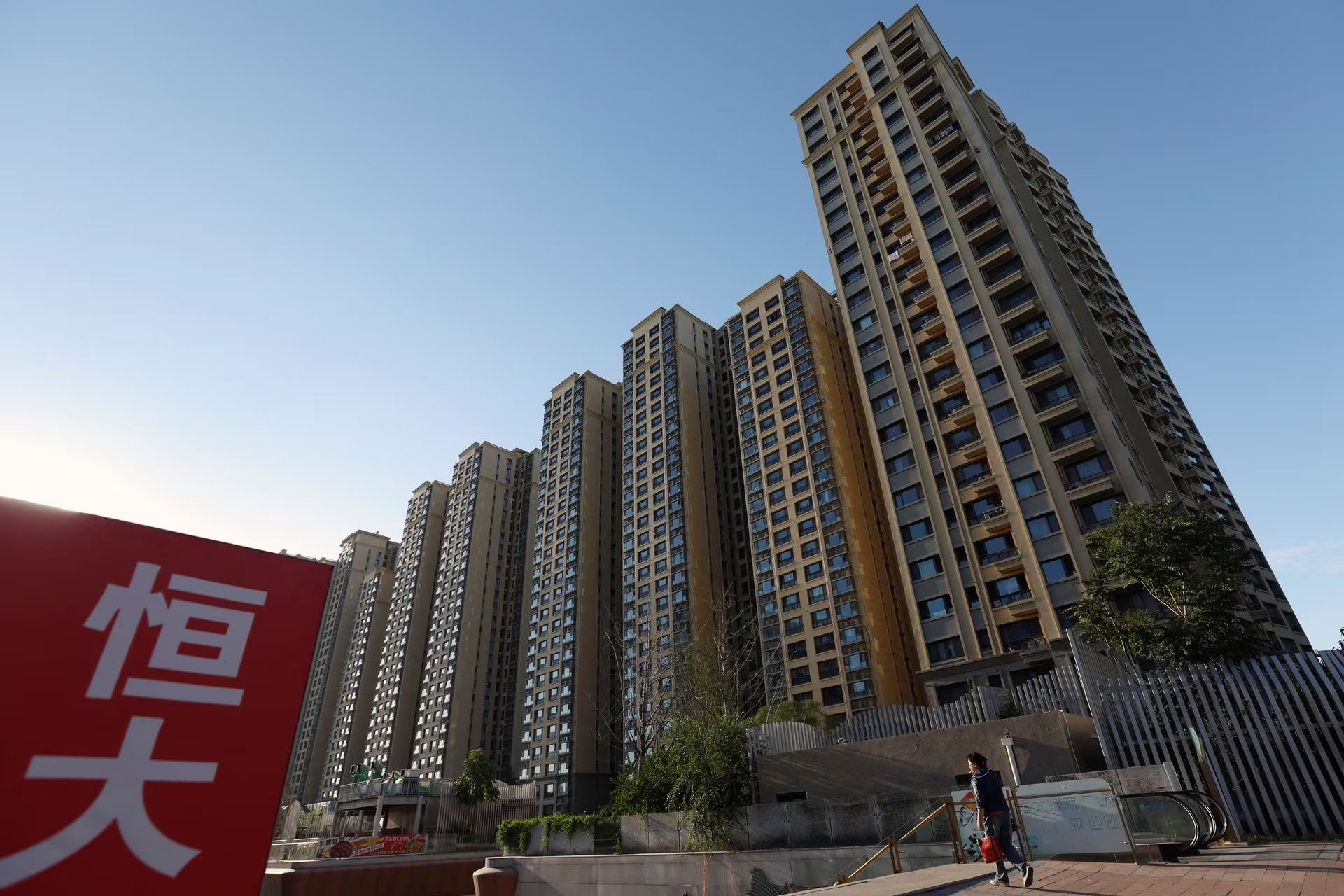
Residential buildings at the Evergrande apartment complex in Beijing, China
Judge Chan appointed Alvarez & Marsal (USA) as liquidator, saying it would benefit all creditors because the company could be responsible for a new restructuring plan for Evergrande. Evergrande founder Hui Ka-yin is currently under investigation for suspected criminal conduct.
The liquidation petition was filed by Top Shine, an investor in Evergrande’s subsidiary Fangchebao, in June 2022. According to Top Shine, Evergrande had not honored an agreement to buy back shares in the subsidiary, according to The Guardian.
Evergrande ordered by court to liquidate assets
Impact on China's real estate market
Evergrande, which has assets worth $240 billion, has plunged China’s already struggling real estate sector into recession after it defaulted in 2021. The liquidation ruling has created further volatility in the country’s capital and real estate markets.
Beijing is already seeing its economy underperform, with the property market at a nine-year low and stock prices near five-year lows, so any fresh hit to investor confidence could further undermine policymakers’ efforts to revive growth.
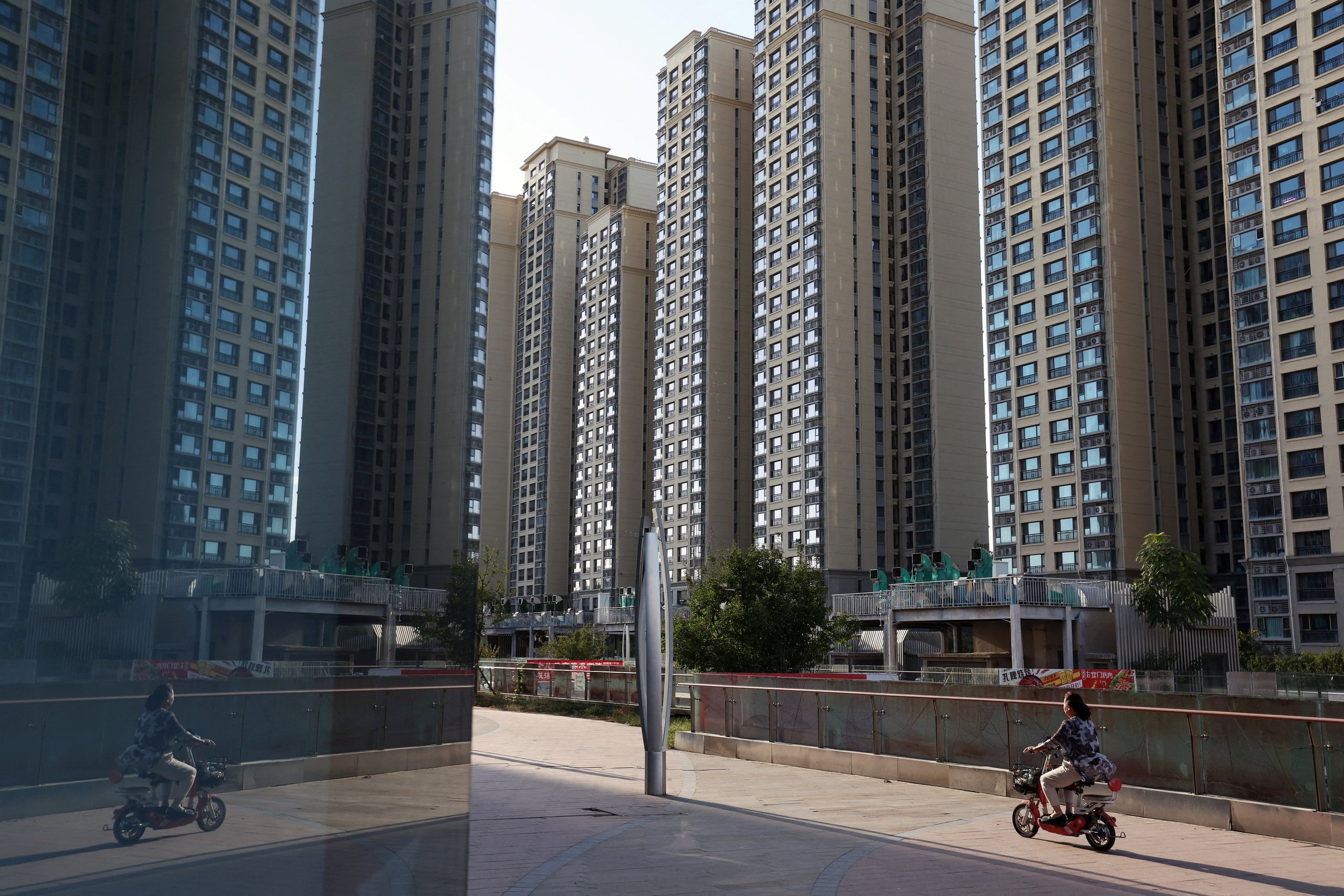
Evergrande's bankruptcy threatens China's property market
Evergrande was working on a $23 billion debt restructuring plan, but the plan fell through in September 2023 after Hui Ka-yin was placed under investigation.
Evergrande CEO Siu Shawn told Chinese media that the company would ensure that its housing projects would be delivered despite the liquidation order. He added that the ruling would not affect the operations of Evergrande’s mainland units or those in China’s special economic zones.
Meanwhile, Ms. Tiffany Wong, CEO of Alvarez & Marsal said: "Our priority is to retain, restructure and maintain operations to the maximum extent possible. We will pursue a structured approach to preserve and return value to creditors and other stakeholders." Despite this, investor confidence remains weak.
Complicated process
Reuters quoted Gary Ng, senior economist at Natixis (France), as saying: "This is not the end but the beginning of a long liquidation process, which will make Evergrande's daily operations even more difficult."
“Since most of Evergrande’s assets are in mainland China, there are uncertainties about how creditors can seize assets and the order in which overseas bondholders will be repaid, and the situation could be even worse for shareholders,” said Ng.
The Hong Kong court ruling is expected to have little impact on Evergrande’s operations, including its housing projects, in the near term because it could take months or years for an offshore liquidator appointed by creditors to take control of subsidiaries across mainland China, a different jurisdiction than Hong Kong.
Evergrande filed for a stay of liquidation on Jan. 29, as its lawyers said the company had made “some progress” on its restructuring proposal. As part of the latest offer, the developer has proposed that creditors swap their debt for all of the company’s shares in two Hong Kong units, compared with about 30% of the shares in its subsidiaries before the final hearing in December 2023.
Evergrande's lawyers argued that liquidation could harm the company's operations as well as its asset management and electric vehicle units, which would in turn affect the group's ability to repay all its creditors.
Evergrande may appeal the liquidation order, but the liquidation process will continue pending the outcome of the appeal, Reuters reported.
Source link


![[Photo] In May, lotus flowers bloom in President Ho Chi Minh's hometown](https://vphoto.vietnam.vn/thumb/1200x675/vietnam/resource/IMAGE/2025/5/15/aed19c8fa5ef410ea0099d9ecf34d2ad)
![[Photo] President Luong Cuong attends the National Ceremony to honor Uncle Ho's Good Children](https://vphoto.vietnam.vn/thumb/1200x675/vietnam/resource/IMAGE/2025/5/15/9defa1e6e3e743f59a79f667b0b6b3db)
![[Photo] Prime Minister Pham Minh Chinh receives Country Director of the World Bank Regional Office for Vietnam, Laos, Cambodia](https://vphoto.vietnam.vn/thumb/1200x675/vietnam/resource/IMAGE/2025/5/15/2c7898852fa74a67a7d39e601e287d48)







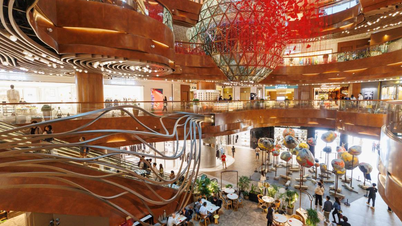






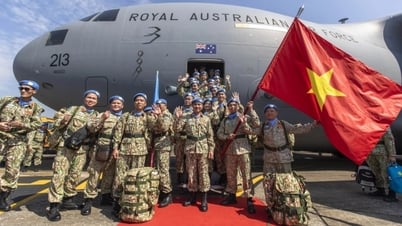

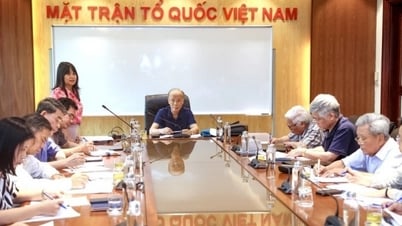





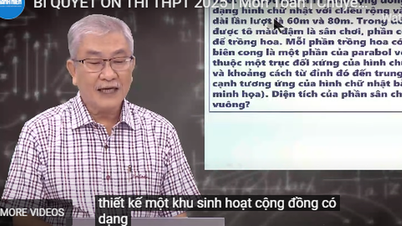


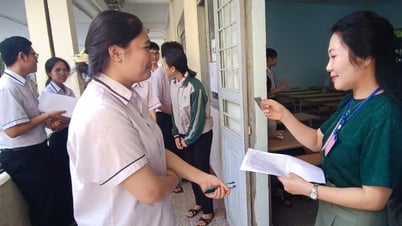






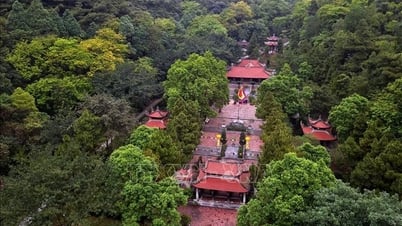

































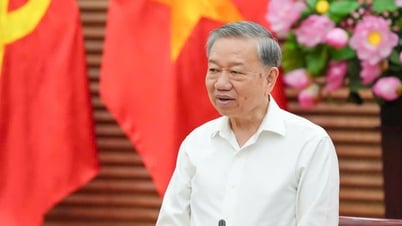


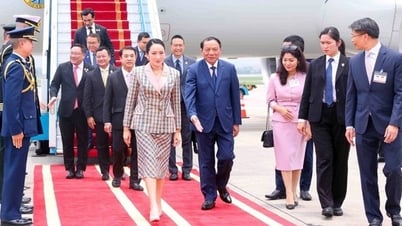

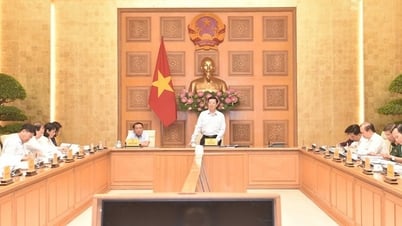





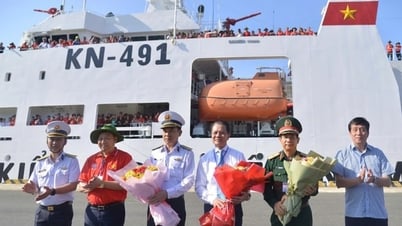


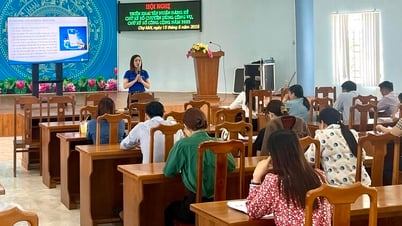











Comment (0)